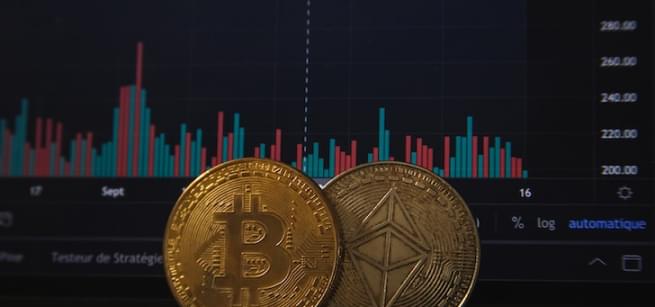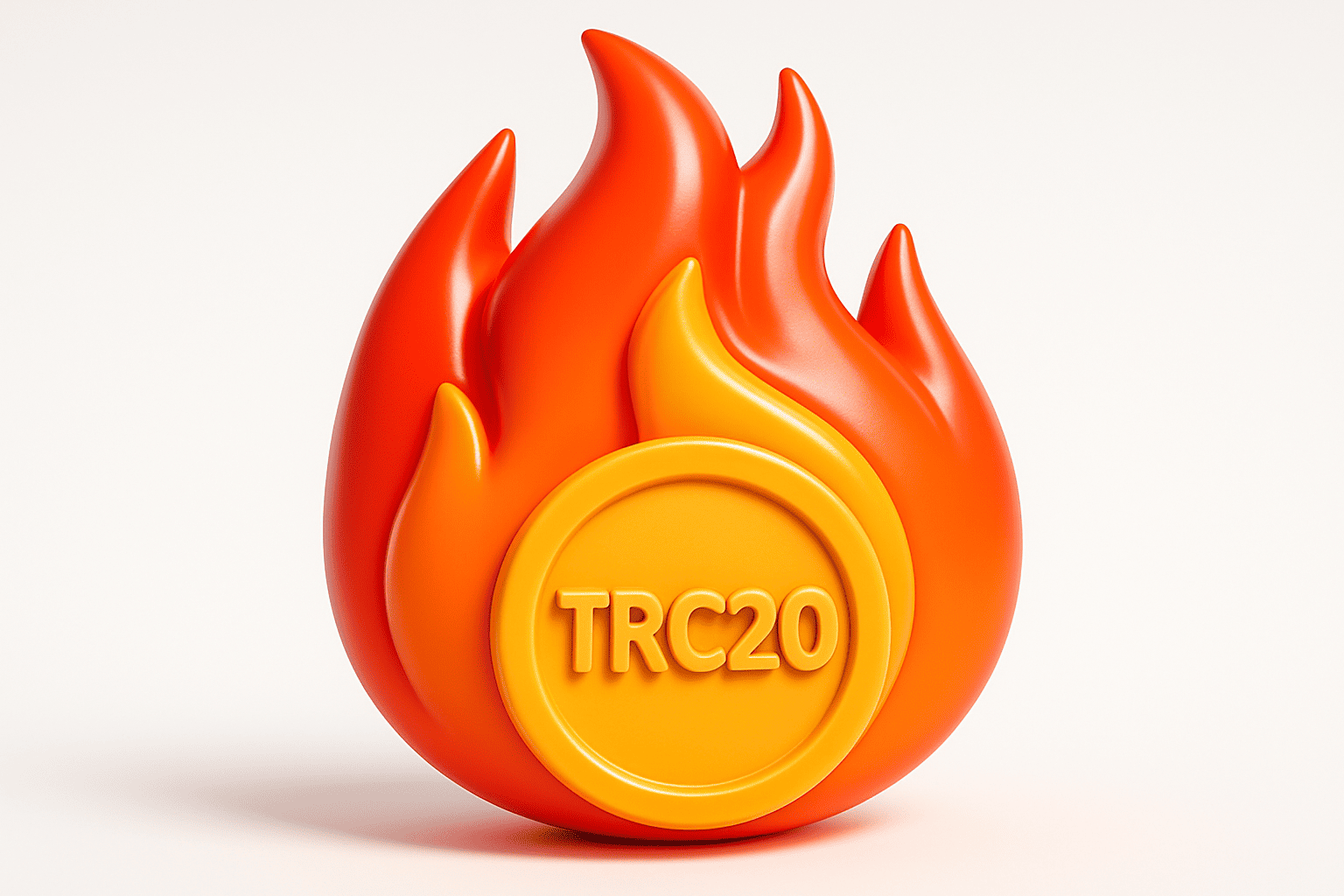Popular cryptos
XDC Network
Download app Ironwallet and get tool for making transaction without network fee
About XDC Network
XDC Network is an enterprise-grade blockchain platform designed for global trade and finance. Launched in 2018, XDC aims to improve efficiency and security in financial systems by utilizing blockchain technology. With a focus on interoperability and scalability, XDC offers a fast and low-cost way for institutions to conduct transactions across borders.
History and Background of XDC
XDC was originally conceived by blockchain developers Antier Solutions as XinFin Network. The goal was to provide an alternative to slow and expensive international finance networks like SWIFT. In 2020, XinFin rebranded to XDC Network to better reflect its role as a global financial settlement layer.
XDC was built using a fork of the Ethereum codebase, offering compatibility with Ethereum Virtual Machine (EVM). However, XDC implements significant improvements including a delegated proof-of-stake consensus that enables 2-second transaction finality. This combination of rapid speed and EVM compatibility has made XDC an attractive option for enterprise blockchain adoption.
Key Features and Benefits of XDC
There are several key features that differentiate XDC from other blockchain platforms:
Speed and Scalability: XDC can process up to 2,000 transactions per second with near instant finality. This throughput is vastly greater than public chains like Ethereum and Bitcoin. The XDC architecture is designed to scale as demand grows.
Interoperability: The XDC network can connect with external blockchains through interoperability protocols. This allows for seamless communication between different chains.
Enterprise Focus: XDC is purpose-built for enterprise needs like privacy controls, auditability and regulatory compliance. The network employs a federated architecture that provides flexibility for private and public network integrations.
These capabilities make XDC well-suited for financial settlements, supply chain tracking, healthcare records, and other sectors dealing with sensitive data. Transaction costs are far lower compared to legacy systems because of XDC’s efficiency and scalability.
XDC Consensus Mechanism
XDC utilizes a delegated proof-of-stake (XDPoS) consensus mechanism that leverages voting and staking to achieve network security, stability and scalability.
The XDPoS model involves coin holders voting for Block Producers to act as validators and generate new blocks. Staking XDC tokens is required to become a Block Producer candidate. The top ranking candidates that receive the most votes become the active Block Producers.
These Block Producers handle transaction processing and upkeep for the network. Having fewer validators enables much faster throughput compared to networks like Ethereum. This delegated approach also limits energy usage since operating a node is far less resource intensive than cryptocurrency mining.
Partnerships and Adoption of XDC
A number of major enterprises and institutions have partnered with XDC Foundation to leverage the XDC Network blockchain.
In logistics, XDC is working with global shipping leaders like Mediterranean Shipping Company, Pacific International Lines, and CMA CGM. These partnerships focus on supply chain solutions like tracking cargo in real-time and paperless bill of lading services.
Additionally, XDC is making inroads in the energy sector through an agreement with Energy Web to support carbon emissions tracking. The UAE-based oil producer ADNOC also selected XDC to improve gas pipeline tracking.
In the financial world, XDC is partnering with banks such as Standard Chartered Bank, BNP Paribas and Bank of India to provide trade finance and lending services. These partnerships highlight the robust real-world adoption XDC is seeing as an enterprise blockchain.
Comparison to Other Cryptocurrencies
Unlike general purpose public blockchains like Ethereum, XDC is tailored specifically for enterprise and institutional use cases. While public chains emphasize decentralization and anonymity, XDC prioritizes aspects like security, transparency, efficiency and interoperability.
XDC offers far greater transaction throughput and lower costs compared to Ethereum. And unlike Bitcoin, XDC uses a stake-based consensus that is more energy efficient than mining-based models.
As an EVM-compatible chain, XDC does offer similar smart contract functionality as Ethereum. But XDC smart contracts have access to enterprise-grade tools and configurable privacy controls suited for large-scale applications.
Future Outlook and Development Plans
The XDC roadmap outlines a number of development and research initiatives to enhance the network. Areas of focus include bolstering data availability, improving language support for smart contracts, and strengthening network participation incentives.
Expanding real-world adoption remains a key priority. The XDC Foundation is actively forming partnerships, supporting developers building on the network, and promoting XDC in regions like the Middle East, Asia and Africa.
On the enterprise side, XDC plans to offer advanced capabilities like private and hybrid deployments, trusted data feeds, and tools for regulatory compliance. These features will help extend XDC’s footprint across supply chains, banking, insurance and healthcare.
Conclusion
XDC Network is purpose-built for the needs of enterprises that require security, speed, transparency and interoperability. With robust adoption in trade finance, logistics and energy, XDC offers a next-generation blockchain solution for worldwide commerce. As development progresses, XDC is poised to become the global standard for supply chain management systems, central bank digital currencies and decentralized financial services.





















